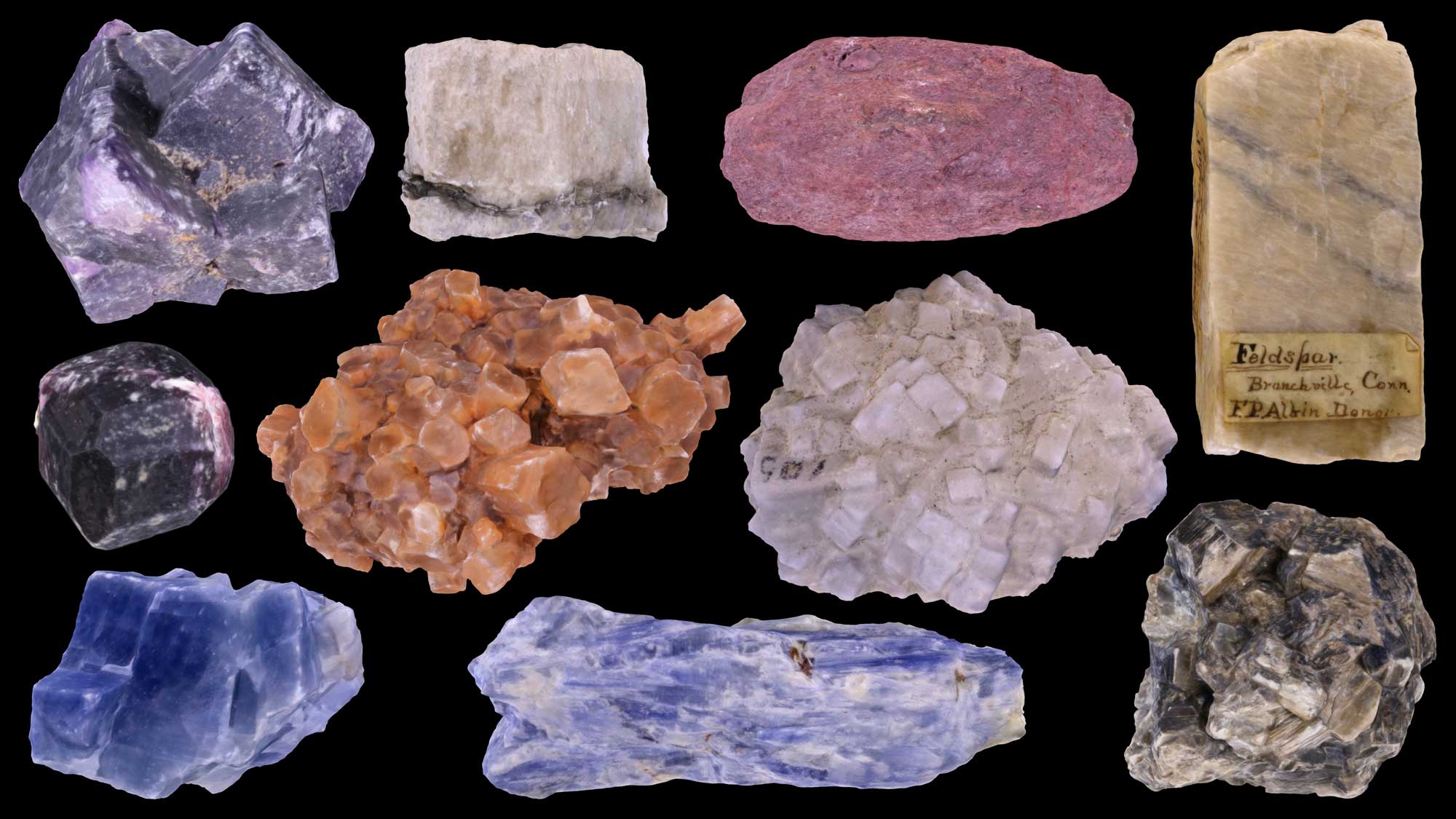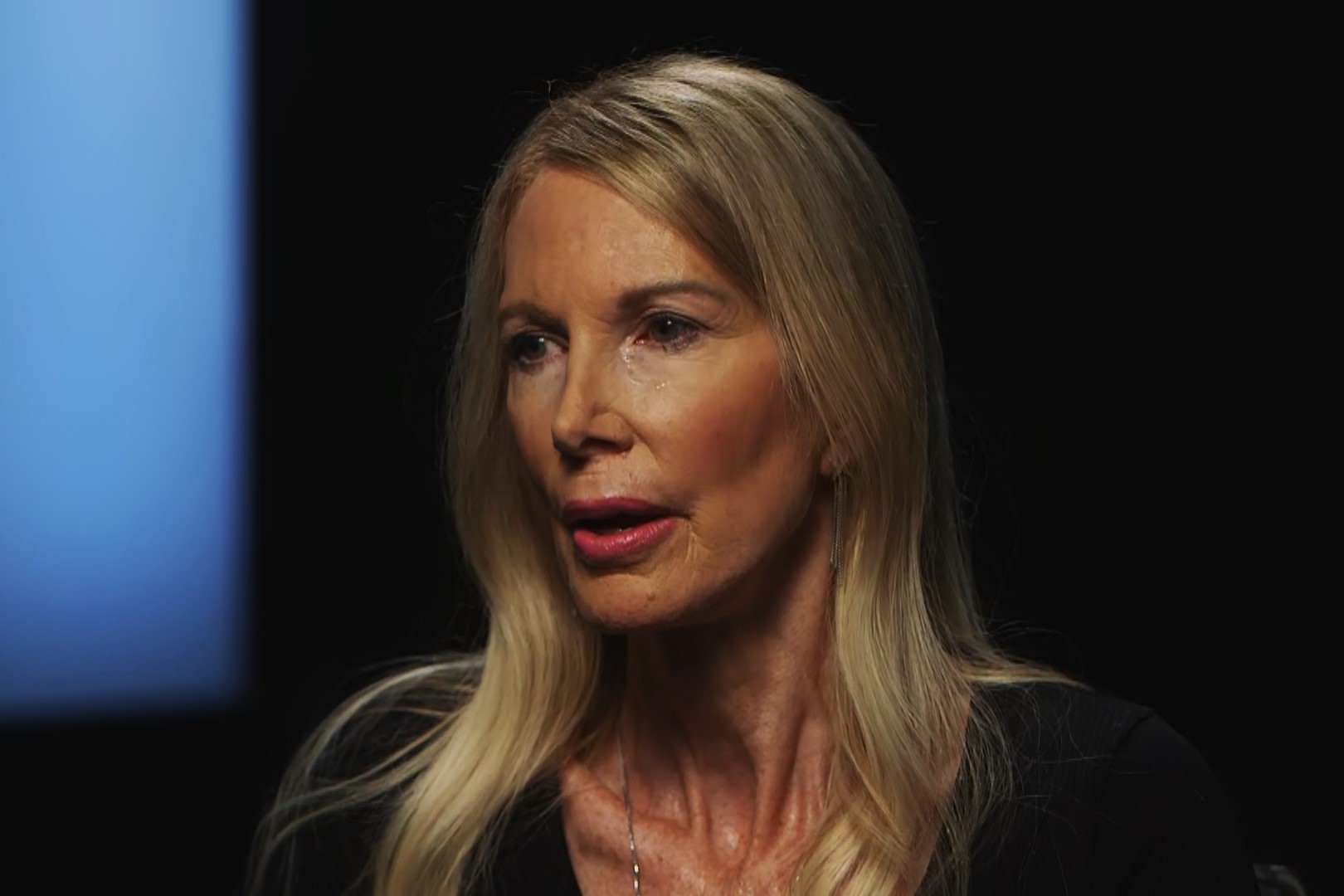
Minerals are essential for our bodies, playing a crucial role in everything from bone health to energy production. But how much do you really know about the mineral content in your food? Understanding the minerals in your diet can help you make better nutritional choices and improve overall health. In this post, we’ll explore 28 fascinating facts about the mineral content in various foods. From the calcium in your milk to the iron in your spinach, these facts will give you a deeper appreciation for the nutrients you consume daily. Ready to boost your knowledge and health? Let’s dive into the world of minerals!
Key Takeaways:
- Minerals like calcium, iron, and potassium are crucial for our bodies to function properly. They help with bone health, muscle function, and even preventing tooth decay.
- Eating a balanced diet with foods like dairy, red meat, and nuts ensures we get the essential minerals we need to stay healthy and strong.
What is Mineral Content?
Minerals are essential nutrients that our bodies need to function correctly. They play a crucial role in various bodily processes, from building strong bones to transmitting nerve impulses. Let's dive into some fascinating facts about mineral content.
-
Calcium is the most abundant mineral in the human body, making up about 2% of our total body weight. It's vital for bone health and muscle function.
-
Iron is essential for producing hemoglobin, the protein in red blood cells that carries oxygen throughout the body. A deficiency can lead to anemia.
-
Magnesium is involved in over 300 biochemical reactions in the body, including energy production and muscle contractions.
-
Potassium helps maintain normal fluid balance, nerve function, and muscle contractions. It's crucial for heart health.
-
Phosphorus is the second most abundant mineral in the body. It works with calcium to build strong bones and teeth.
Essential Trace Minerals
Trace minerals are needed in smaller amounts but are just as important for maintaining good health. Here are some key trace minerals and their roles.
-
Zinc supports the immune system, helps heal wounds, and is essential for taste and smell.
-
Selenium acts as an antioxidant, protecting cells from damage. It's also important for thyroid function.
-
Copper aids in iron absorption and helps form red blood cells. It's also involved in maintaining healthy bones and nerves.
-
Manganese is necessary for bone formation, blood clotting, and reducing inflammation.
-
Iodine is critical for thyroid hormone production, which regulates metabolism.
Minerals in Food
Different foods provide various minerals. Eating a balanced diet ensures you get the necessary nutrients. Here are some examples.
-
Dairy products like milk, cheese, and yogurt are excellent sources of calcium.
-
Red meat, poultry, and seafood are rich in iron.
-
Nuts and seeds are packed with magnesium.
-
Bananas are well-known for their high potassium content.
-
Fish, especially fatty fish like salmon, is a great source of phosphorus.
Mineral Deficiencies
Lack of essential minerals can lead to various health issues. Understanding these deficiencies can help in prevention and treatment.
-
Calcium deficiency can cause osteoporosis, a condition where bones become weak and brittle.
-
Iron deficiency is the most common nutritional deficiency worldwide, leading to fatigue and weakened immunity.
-
Magnesium deficiency can result in muscle cramps, mental disorders, and osteoporosis.
-
Potassium deficiency may cause muscle weakness, cramps, and irregular heartbeats.
-
Phosphorus deficiency is rare but can lead to weak muscles and bone pain.
Interesting Facts About Minerals
Minerals have some surprising and lesser-known facts that highlight their importance in our daily lives.
-
Fluoride is a mineral that helps prevent tooth decay by making the enamel more resistant to acid attacks.
-
Chromium enhances the action of insulin, a hormone critical for turning food into energy.
-
Molybdenum is a trace mineral that helps break down certain amino acids and other compounds.
-
Sulfur is essential for producing amino acids, the building blocks of proteins.
-
Cobalt is a component of vitamin B12, which is necessary for red blood cell production.
Fun Facts About Minerals in Nature
Minerals are not only vital for human health but also fascinating in their natural forms and uses.
-
Quartz is one of the most common minerals on Earth and is used in making glass and electronics.
-
Graphite, another form of carbon, is used in pencils and as a lubricant.
-
Salt, or sodium chloride, has been used for thousands of years for seasoning and preserving food.
The Final Scoop on Mineral Content
Minerals play a crucial role in our daily lives. From calcium strengthening bones to iron boosting blood health, these elements are essential. Magnesium helps muscles function, while potassium keeps your heart in check. Zinc supports your immune system, and selenium acts as an antioxidant. Even trace minerals like copper and manganese have significant impacts on health.
Understanding the mineral content in foods can guide better dietary choices. Leafy greens, nuts, seeds, and whole grains are mineral-rich. Drinking water also contributes to your mineral intake.
Balancing these nutrients ensures overall well-being. Too much or too little can lead to health issues. So, keep an eye on your diet, and make sure you're getting a variety of minerals. Your body will thank you for it!
Frequently Asked Questions
Was this page helpful?
Our commitment to delivering trustworthy and engaging content is at the heart of what we do. Each fact on our site is contributed by real users like you, bringing a wealth of diverse insights and information. To ensure the highest standards of accuracy and reliability, our dedicated editors meticulously review each submission. This process guarantees that the facts we share are not only fascinating but also credible. Trust in our commitment to quality and authenticity as you explore and learn with us.


